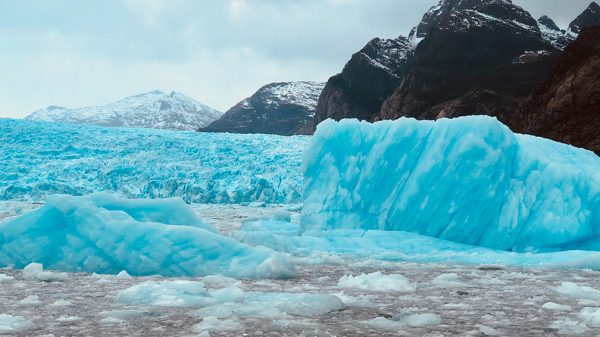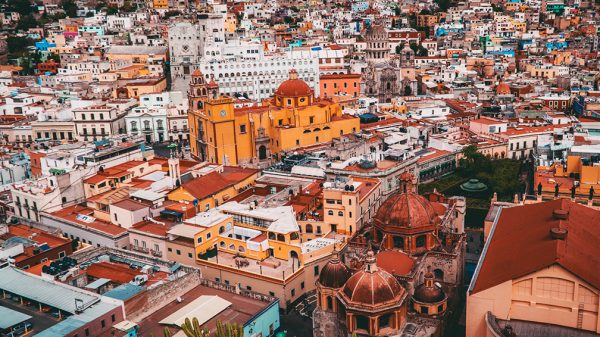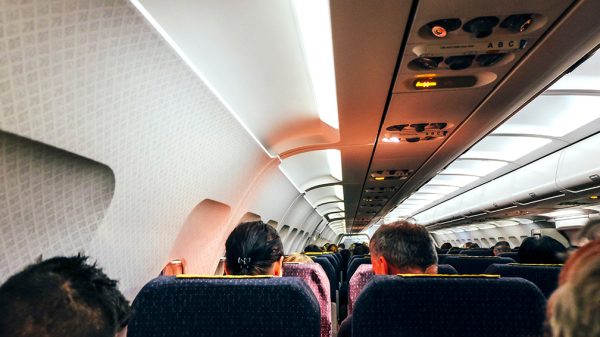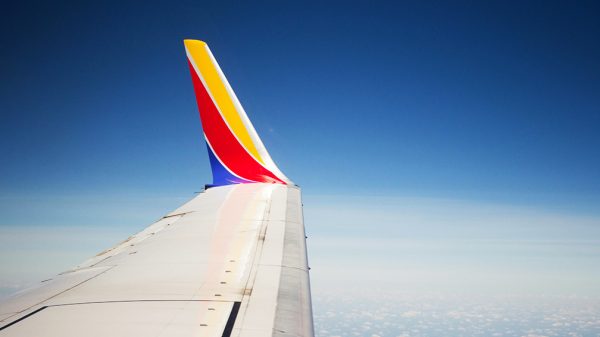12 de septiembre. La catástrofe de la semana pasada plantea cuestiones que también surgieron en Maui, Grecia y otros lugares duramente afectados. ¿Es la presencia de turistas un obstáculo? ¿O pueden ayudar los visitantes y los ingresos que aportan?
La serie de catástrofes ha dejado a muchos turistas en una encrucijada sobre cómo responder. Los que ya se encuentran en un país tras una catástrofe se debaten entre quedarse o marcharse. Los que van a viajar próximamente se preguntan si deben cancelarlo. ¿Pueden ellos y los ingresos que aportan ser de verdadera ayuda, o serán una carga? ¿Hasta qué punto es apropiado dejar que el turismo continúe mientras una nación se encuentra en estado de luto colectivo y se llevan a cabo labores de rescate?
No hay respuestas fáciles, dicen los expertos en viajes. El impacto de cada catástrofe es único, y aunque se aconseja a los viajeros que sigan las indicaciones de los funcionarios del gobierno tras estos sucesos, las comunidades locales no siempre se ponen de acuerdo sobre la mejor forma de actuar. Después de que los incendios forestales de Maui destruyeran gran parte de la ciudad de Lahaina en agosto, matando al menos a 115 personas, los residentes de la isla, que depende de los dólares del turismo, se enfrentaron por la decisión de permitir que el turismo continuara mientras los lugareños lloraban todo lo que se había perdido.
In Morocco, however, where a powerful 6.8-magnitude earthquake struck the Atlas Mountains southwest of Marrakesh on Friday, killing thousands, the outlook is more unified. With the high tourism season underway and most of the destruction affecting rural areas far from tourist hot spots, many locals are eager for foreign visitors to keep coming so that they can support the economy and bring in funds for relief efforts.
“After Covid, the abandonment of tourists would be terrible for Marrakesh, where so many resources come from tourism,” said Mouna Anajjar, the editor in chief of I Came for Couscous, a local feature magazine. “Directly or indirectly, all the inhabitants are linked to this resource and would be terribly affected.”
Check official government guidance and local media reports to assess the situation on the ground. When the deadly wildfires swept through parts of Maui last month, the local authorities urged tourists to stay home. So far, the Moroccan government hasn’t issued any statements beyond the status of rescue efforts, and the country’s tourism office did not respond to multiple requests for comment. The British Foreign Office advised its citizens planning to travel to the country to check with their tour providers about any disruptions.
Source: NY Times












